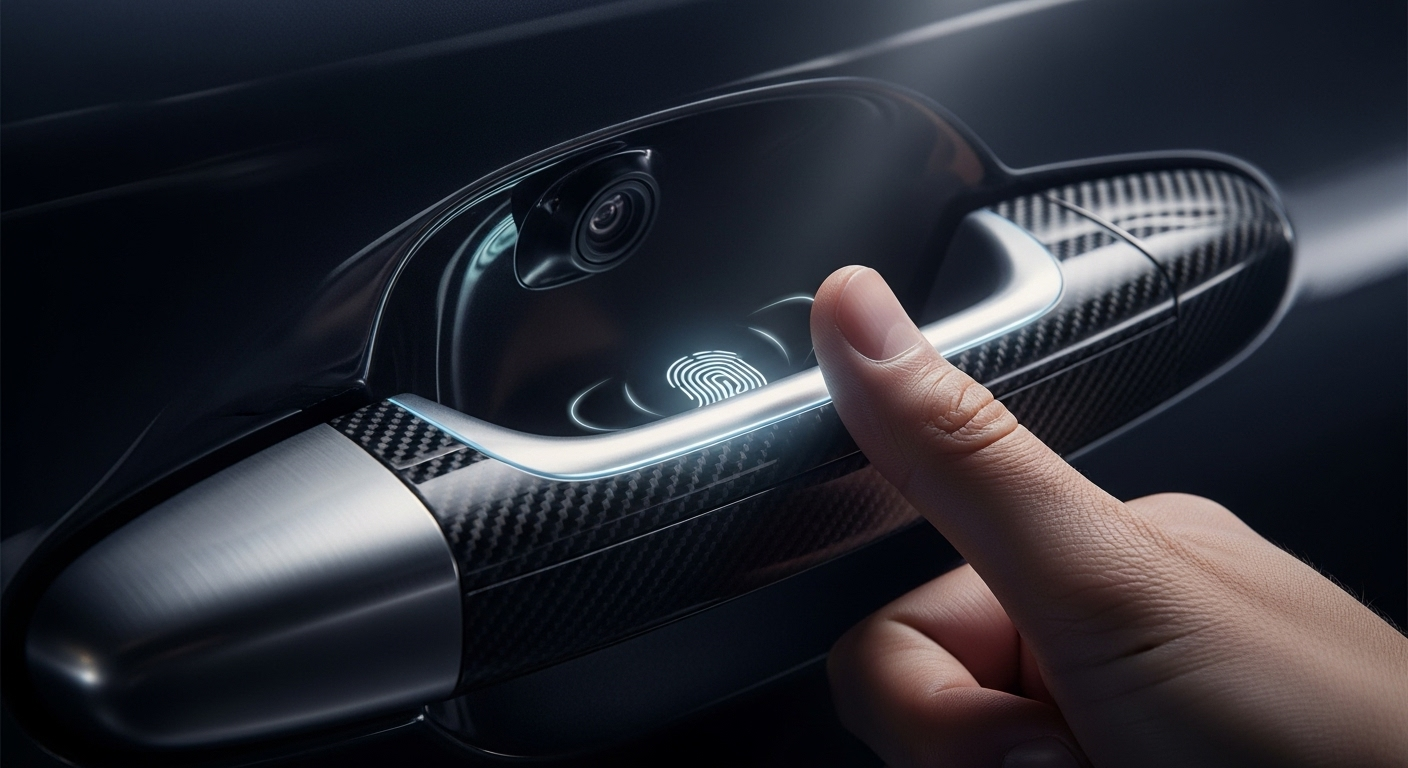Exploring the Potential of Biometric Identification Systems in Modern Vehicles
Automotive technology is constantly evolving, with new innovations reshaping our driving experience. One of the most intriguing advancements on the horizon is the integration of biometric identification systems in vehicles. This cutting-edge technology promises to revolutionize car security, personalization, and user experience. But what exactly does this mean for the future of driving, and how will it impact our relationship with our vehicles?

Enhanced Security and Theft Prevention
One of the primary benefits of biometric systems in vehicles is the dramatic improvement in security. Traditional key fobs can be lost, stolen, or hacked, but biometric data is inherently more secure and nearly impossible to replicate. Imagine a car that only starts when it recognizes your fingerprint or facial features. This level of security could potentially eliminate vehicle theft, making it a game-changer for the automotive industry and insurance companies alike.
Personalized Driving Experience
Biometric systems can do more than just secure your vehicle; they can also create a highly personalized driving experience. When you enter the car, it could automatically adjust the seat position, mirrors, climate control, and entertainment system to your preferences. For families sharing a vehicle, this means no more arguing over seat positions or radio stations. Each driver would have their own profile, activated instantly upon entering the car.
Health Monitoring on the Go
Perhaps one of the most exciting potential applications of biometric systems in vehicles is health monitoring. Sensors embedded in the steering wheel or seat could continuously monitor vital signs like heart rate, blood pressure, and even blood glucose levels. This could be particularly beneficial for drivers with chronic health conditions, potentially alerting them to any concerning changes in their health status while on the road.
Challenges and Concerns
While the potential benefits of biometric systems in vehicles are significant, there are also challenges to overcome. Privacy concerns are at the forefront, as biometric data is highly personal and sensitive. Ensuring this data is securely stored and protected from hacking attempts will be crucial for widespread adoption. Additionally, there are questions about the reliability of these systems in various conditions - will facial recognition work in low light or if the driver is wearing sunglasses?
The Road Ahead
As we look to the future, it’s clear that biometric identification systems will play an increasingly important role in automotive design. From enhancing security to creating personalized driving experiences and even monitoring health, the potential applications are vast and varied. While challenges remain, particularly around data privacy and system reliability, the benefits of this technology are too significant to ignore. As automakers continue to innovate and refine these systems, we can expect to see biometrics become a standard feature in vehicles, fundamentally changing our relationship with our cars and the way we drive.




